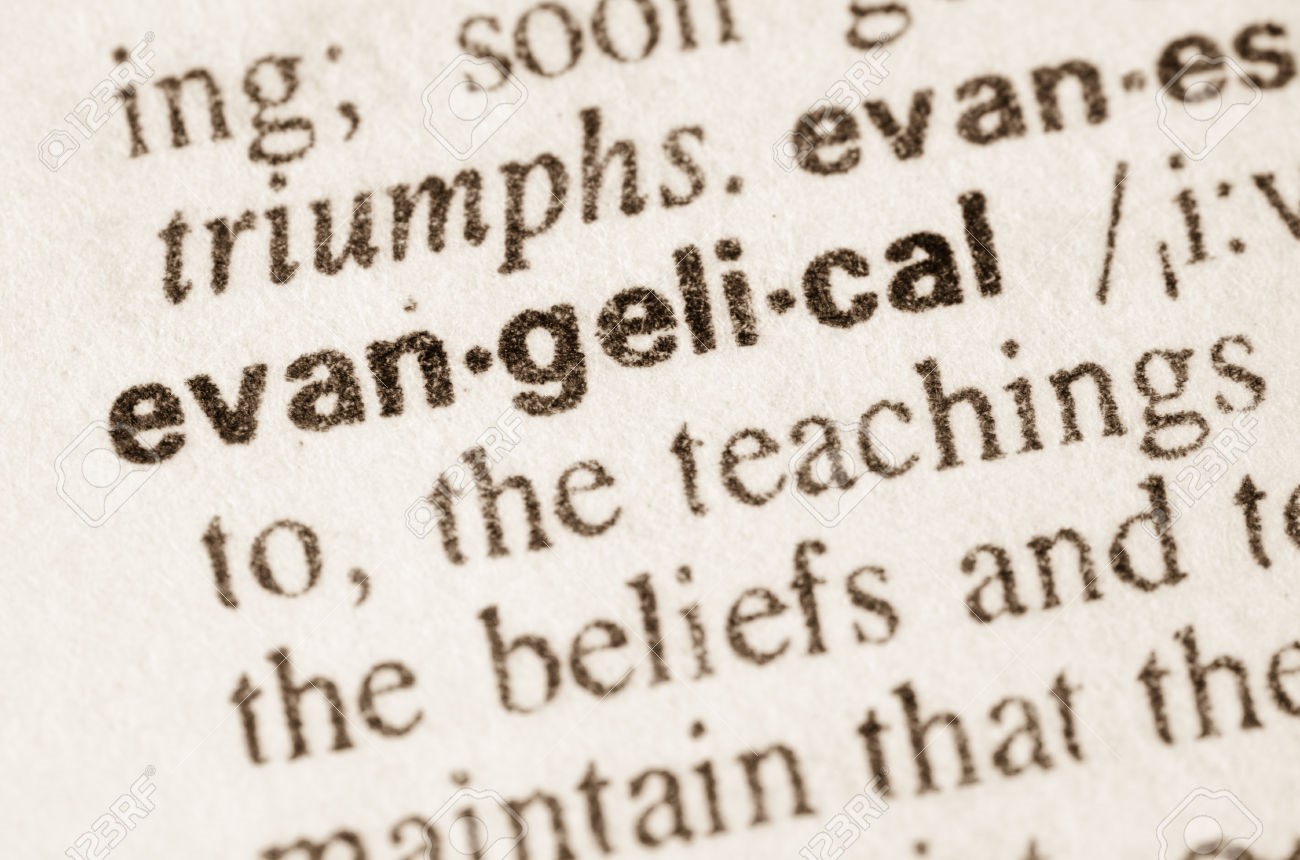 If you know me at all, you have come to understand that I am not driven by denominationalism. Christian denominations are necessary and good, but you and I are already citizens of a land where denominations will be no more.
If you know me at all, you have come to understand that I am not driven by denominationalism. Christian denominations are necessary and good, but you and I are already citizens of a land where denominations will be no more.
First and foremost, we are followers of the Lord Jesus Christ! I am serving a Southern Baptist congregation for Christ’s glory, and I am happy to serve in kingdom work alongside a Methodist, a Presbyterian, an Anglican, or a “non-denom” for the expansion of Christ’s glorious gospel. In a profound and eternal sense, every follower of Christ – regardless of denominational heritage or practice – is “in it” with every other follower of Christ. It is not about us, or about our individual traditions. It is only about Jesus.
That is why I often speak about us as “evangelicals” or “evangelical Christians” or “evangelical believers.” I have always liked the word “evangelical” because it reminds me of the multidenominational environment in which I came to know Christ. By that I mean that God used men and women from several denominational stripes to plant the seeds of the gospel in my heart.
In recent days, I have been disturbed by the widespread cultural (and media) use of the term “evangelical” to refer to anyone (and everyone) who self-identifies as such. That careless use of language is very dangerous and wrong-headed in my humble opinion. “Evangelical” means something. “Evangelical” does not mean whatever anyone wants it to mean. “Evangelical” rightly refers only to a person who “contends for the faith that was once for all delivered to the saints” (Jude 3).
“Evangelical” has nothing to do with being American. “Evangelical” has nothing to do with political affiliation. “Evangelical” is not a social classification. “Evangelical” is not a cultural trend.
If you would allow me, I would like to do something that I’ve never done before. I would like to define “evangelical,” which as a word is traced to the Greek for “good news.”
An evangelical is someone who believes that Christianity is a matter of whole-life transformation. It is more than a creed. It is an agreement with Jesus that we must be born again (converted to Christ). That we need, as a free gift from God (that’s why we call it “amazing grace”), a new heart and a new mind. That we must be spiritually regenerated. And that, following that born-again experience (whether or not one remembers the moment), the life which follows is radically changed (and radically being changed between now and heaven).
An evangelical believes the Bible. He or she has a high view of Scripture, and regards all Scripture as our ultimate authority. No other authority or opinion even comes close.
An evangelical is centered on the substitutionary sacrifice of Jesus Christ on the cross at Calvary. Christ’s life, death, and resurrection are matters of historical fact and eternal significance. No redemption of humanity is possible without, or apart from, the cross. (By definition, then, any person who denies that Jesus is God – and this includes all the pseudo-Christian cults – cannot possibly be an evangelical.)
An evangelical is committed to the gospel as a lifestyle. If we belong to Christ, we live for Christ. His power in us motivates us to love and serve a lost and dying world. In the pursuit of Christ’s glory – in and through radically transformed lives, families, churches, communities, and nations – we are undaunted in passionate joy.
We are evangelicals. This is entirely good news.
Pastor Charles




Recent Comments